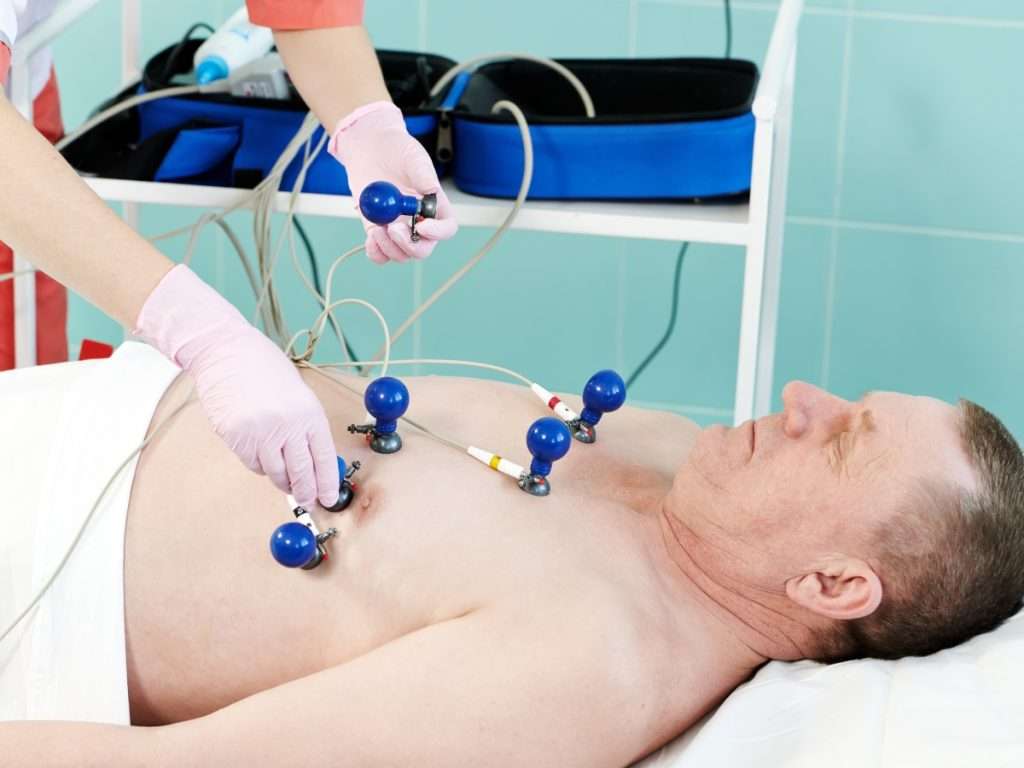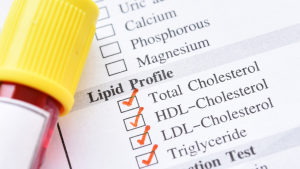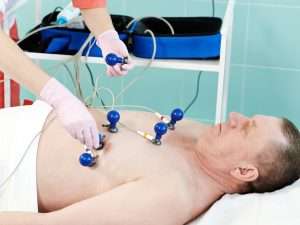Introduction
Postural Orthostatic Tachycardia Syndrome (POTS) is a complex condition that affects the autonomic nervous system, making everyday activities a challenge for those who live with it. At The Heartbeat Clinic in McKinney, Texas, we specialize in simplifying POTS management with personalized care plans and advanced diagnostic tools. With a patient-centric approach, we aim to improve your quality of life and help you regain control of your daily activities.
What is POTS?
Postural Orthostatic Tachycardia Syndrome, or POTS, is a form of dysautonomia characterized by an abnormal increase in heart rate of 30 beats per minute or more within 10 minutes of standing. It’s a condition that can cause a variety of symptoms, including dizziness, fatigue, and fainting, often limiting daily activities.
Common Types of POTS:
- Neuropathic POTS: Damage to small nerve fibers that regulate blood vessel constriction.
- Hyperadrenergic POTS: Caused by excessive norepinephrine levels leading to increased heart rate and blood pressure.
- Hypovolemic POTS: Associated with low blood volume, affecting circulation and blood pressure.
Symptoms of POTS:
- Dizziness and lightheadedness
- Chronic fatigue
- Chest pain
- Blurred vision
- “Brain fog”
- Fainting (syncope)
- Gastrointestinal issues
- Shortness of breath
Understanding the specific type of POTS you’re dealing with is essential for effective management, which is why accurate diagnosis is the first step in our care process.
How POTS Impacts Your Daily Life
POTS can significantly disrupt your routine. Symptoms like dizziness, fatigue, and brain fog can make tasks such as standing, exercising, or even focusing on work nearly impossible. Many patients report difficulty performing simple activities, often leading to feelings of frustration and isolation.
Everyday Challenges:
- Orthostatic Intolerance: Difficulty standing for extended periods.
- Exercise Intolerance: Struggling to engage in physical activity without triggering symptoms.
- Cognitive Impairment: Trouble concentrating due to “brain fog.”
- Emotional Impact: Anxiety and depression resulting from the chronic nature of the condition.
Addressing these challenges requires a holistic approach that combines medical interventions, lifestyle changes, and ongoing support—all of which are core to our care philosophy.
Read More:
Can a tilt table test help diagnose POTS
What’s the Difference Between a Tilt Table Test and an ECG?
Why POTS Demands Advanced Care
POTS is a multifaceted condition that varies significantly from patient to patient. Managing it effectively requires advanced diagnostic tools and a comprehensive understanding of autonomic dysfunction.
Diagnostic Tools at The Heartbeat Clinic:
- Tilt Table Test: Evaluates how your body reacts to changes in position.
- 24-Hour Holter Monitoring: Tracks heart rate and rhythm over an extended period.
- Autonomic Nervous System Testing: Assesses the function of the autonomic nervous system in regulating heart rate and blood pressure.
These tools allow us to pinpoint the exact cause of your symptoms, enabling us to develop a targeted treatment plan.
Why Personalized Treatment Plans Are Key to Effective POTS Management
POTS affects every individual differently, which is why one-size-fits-all approaches often fail. At The Heartbeat Clinic, we emphasize creating personalized treatment plans tailored to your unique symptoms and lifestyle.
Key Components of Our Treatment Plans:
- Medication Management: Prescribing medications to manage symptoms like rapid heart rate and blood pressure fluctuations.
- Lifestyle Modifications: Advising on dietary changes, increased fluid and salt intake, and exercise routines.
- Physical Therapy: Designing exercise programs to improve cardiovascular conditioning.
- IV Fluids: Administering intravenous fluids to temporarily increase blood volume.
By addressing your specific needs, we aim to minimize symptoms and enhance your overall well-being.
Why Choose The Heartbeat Clinic for POTS Management?
1. Comprehensive Diagnostic Approach
Our clinic uses state-of-the-art technology to ensure an accurate diagnosis, which is crucial for effective treatment. From Tilt Table Tests to Holter Monitoring, we leave no stone unturned in identifying the root causes of your symptoms.
2. Expert Team of Specialists
Our team includes highly experienced POTS specialists dedicated to providing compassionate and evidence-based care. We stay updated on the latest advancements in POTS research and treatment to offer you the best care possible.
3. Focus on Education and Support
Understanding your condition is key to managing it effectively. We provide in-depth education about POTS and self-management strategies, empowering you to take charge of your health.
4. Holistic and Long-Term Care
POTS often requires ongoing management. Our clinic offers regular follow-ups and adjustments to your treatment plan to ensure continuous improvement in your symptoms.
5. Convenient Location in McKinney, Texas
Serving the Dallas-Fort Worth area, our clinic is easily accessible and equipped to handle all aspects of POTS care under one roof.
Why Ongoing Monitoring Is Crucial for Long-Term POTS Success
POTS is a chronic condition that demands consistent care and monitoring. Symptoms can evolve over time, requiring adjustments to your treatment plan.
Benefits of Regular Follow-Ups:
- Tracking progress and symptom improvement.
- Adjusting medications and lifestyle recommendations.
- Addressing new or worsening symptoms promptly.
At The Heartbeat Clinic, we are committed to being your partner in health, offering the support and care you need every step of the way.
Conclusion
Living with POTS doesn’t have to mean sacrificing your quality of life. At The Heartbeat Clinic, we make POTS management simple by combining advanced diagnostics, personalized treatment plans, and ongoing support. Contact us to take the first step towards better health by scheduling a consultation today. Your journey to improved well-being starts here.
FAQs
1. What is the first step in diagnosing POTS?
The first step is a comprehensive evaluation, including a Tilt Table Test and Autonomic Nervous System Testing.
2. Can POTS be cured?
While there is no cure, symptoms can be effectively managed with a combination of treatments and lifestyle changes.
3. How long does it take to see improvement with POTS treatment?
Improvement timelines vary depending on the individual and treatment plan, but many patients notice changes within a few weeks.
4. Do you offer telehealth services for POTS management?
Yes, we provide telehealth options for follow-up appointments and consultations.
5. Can children develop POTS?
Yes, POTS can affect individuals of all ages, including children and adolescents.
6. What lifestyle changes can help manage POTS symptoms?
Increased fluid and salt intake, a balanced diet, and regular low-impact exercise are beneficial.
7. Are there specific medications for POTS?
Medications such as beta-blockers, fludrocortisone, and midodrine are commonly prescribed based on individual needs.
8. How can IV fluids help with POTS?
IV fluids can temporarily increase blood volume, alleviating symptoms like dizziness and fatigue.
9. Is POTS linked to other conditions?
POTS is often associated with autoimmune disorders, chronic fatigue syndrome, and Ehlers-Danlos syndrome.
10. How do I schedule an appointment at The Heartbeat Clinic?
You can book an appointment online through our website or contact us directly.
Disclaimer
The information in this article is for educational purposes only and should not replace professional medical advice. Consult a qualified healthcare provider for diagnosis and treatment of medical conditions.






